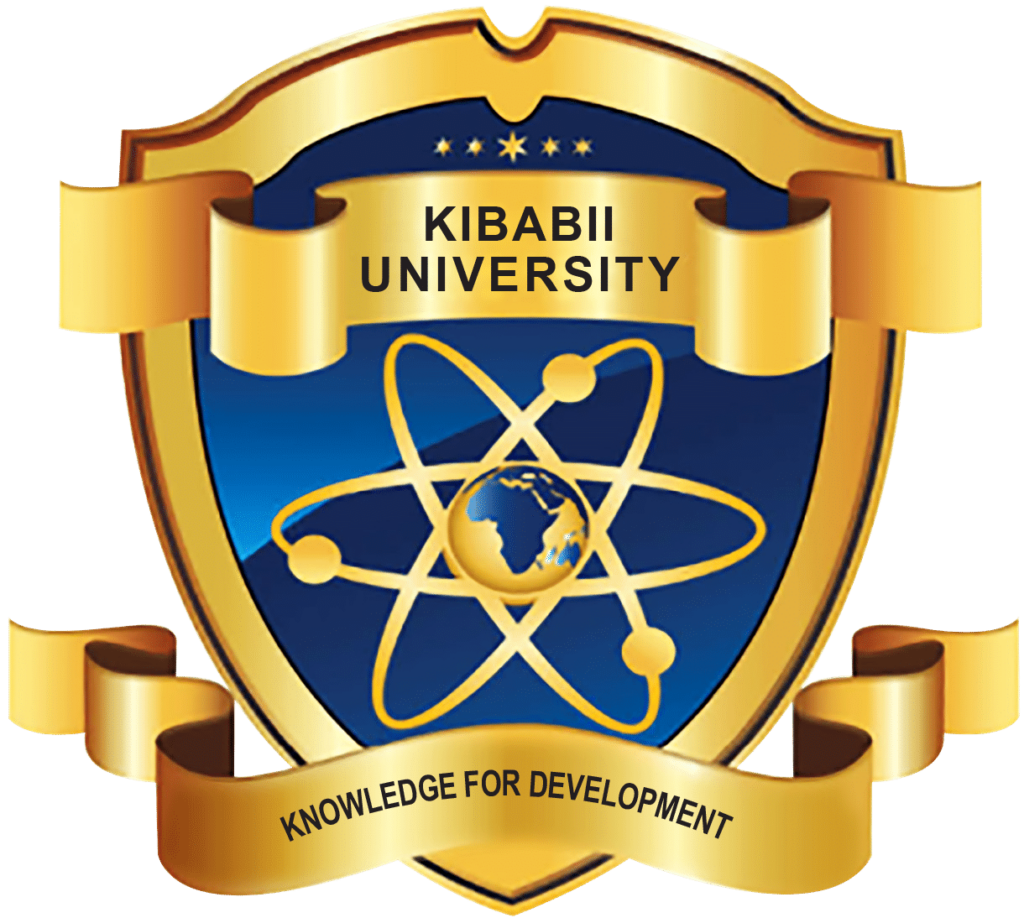Achieving Competences for Sustainable Development and Sustainability: Analysis of the Role of Transformative Learning at University Level
William W. Toili1, Emmanuel Toili2, Mary MuyokaToili3 and Ruth Songok1
1 Masinde Muliro University of Science and Technology
E-mail:wtoili@yahoo.com
2 St Paul’s University
E-mail:emannueltoili@gmail.com
3Jomo Kenyatta University of Agriculture and Technology
E-mail:essytoili@gmail.com
1 Masinde Muliro University of Science and Technology
Email:rsong2002@yahoo.com
Abstract
Kenya’s education system has often been criticized for its inability to prepare learners for their lives out of school and even out of university. In particular, the graduates from our universities are criticised by the society at large for lack of intuition and creativity. The purpose of this paper is to investigate the extent to which university academic programmes, policies and instructional strategies and practices used in Kenya are an adequate means of achieving educational as well as societal transformation with regard to sustainability. The problem is necessitated by the lack of focus in Kenyan universities on transformation as a fundamental learning outcome, particularly for programmes that resonate with the communities the universities are expected to serve.The problem seems not to do with the content of the curriculum, but with the manner in which the curriculum is delivered to the learners. This calls for creativity and innovativeness on the part of the universities. The use of more innovative instructional approaches that are interactive lead to transformative learning that enables students to change their ways of thinking and to become more productive, creative, and engaged citizens. Such students willingly contribute to the intellectual, cultural, economic and social transformation of the communities they serve. The case study research design will be used focusing on four selected universities: Masinde Muliro University of Science and Technology; St. Paul’s University; University of Nairobi; and Jomo Kenyatta University of Agriculture and Technology. The design will be augmented with the analysis of CUE standards and guidelines, academic programmes, practicals and university policy documents. In addition, questionnaires, field observations and interviews in the context of Sustainable Development Goals (SDGs) will be employed. The findings will indicate the need for the use of innovative teaching and learning strategies in fostering transformative education and sustainability. The findings would contribute to the current discourse on implementation of education for sustainability (EFS) through transformative university education.
Keywords: Sustainability, Sustainable development, Transformative learning, Creativity, Innovation
![]()
Download Abstract: Achieving Competences for Sustainable Development and Sustainability: Analysis of the Role of Transformative Learning at University Level

